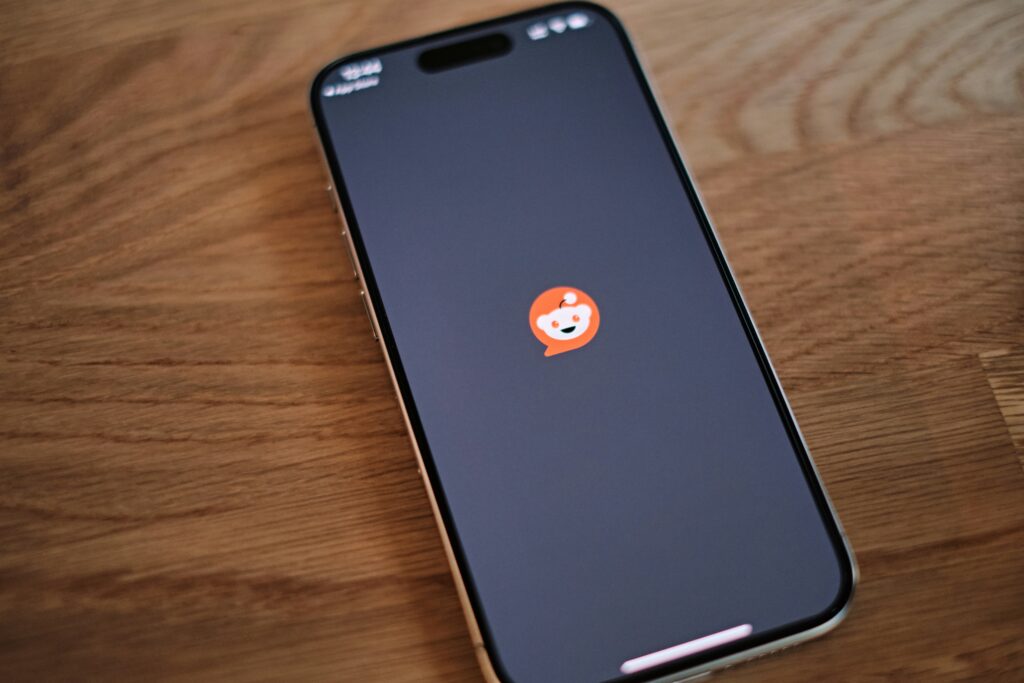Australia announced that Reddit and Kick must now block users under 16, joining eight other major platforms. The new rule takes effect on December 10, marking the world’s first nationwide ban of this kind. Facebook, Instagram, TikTok, Snapchat, Threads, X, and YouTube already face the same obligation.
Communications Minister Anika Wells confirmed that all listed platforms must close existing underage accounts and prevent new ones. “We met with several platforms this month to make sure they understand there are no excuses for non-compliance,” Wells said in Canberra. Companies that fail to act could face penalties of up to 50 million Australian dollars (€28.3 million).
Wells added, “Social media platforms use powerful technology to target children. We expect them to use that same technology to protect them.”
eSafety Commissioner to Enforce and Review Impact
Australia’s eSafety Commissioner Julie Inman Grant will oversee enforcement of the new law. She said the government classified the nine affected platforms because their “main or significant purpose is online social interaction.” Inman Grant explained that the list will evolve as new digital services emerge.
Her office plans to collaborate with researchers to assess how the ban affects children’s lives. “We’ll study whether kids sleep better, interact more in person, or become more active,” she said. “We’ll also identify any unintended consequences and collect evidence to guide other nations.”
Officials described the measure as a proactive attempt to set a global benchmark for online child safety.
Global Reaction and Ongoing Debate
World leaders have taken notice of Australia’s strict approach. European Commission President Ursula von der Leyen called the law “an inspiring and sensible step” during a United Nations forum in New York. Denmark’s Ambassador to Australia, Ingrid Dahl-Madsen, said her country would closely watch the rollout as it explores similar child protection measures.
Critics, however, warn that enforcing age verification could undermine privacy for all users. They argue that proving age online might lead to unnecessary data collection. Wells responded by stressing that the government remains committed to keeping users’ personal data secure.
More than 140 academics from Australia and abroad signed an open letter opposing the ban. They described the policy as “too blunt an instrument” to address complex digital risks effectively. Despite the criticism, the government insists the new rules will set a stronger global standard for protecting young people online.


